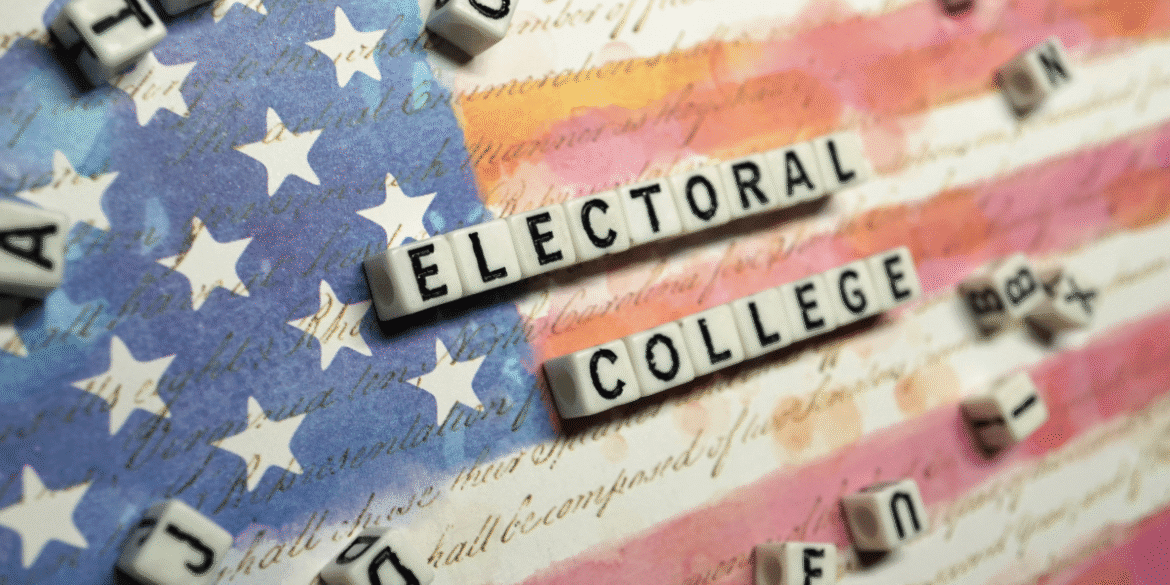A new bipartisan effort to reform the Electoral College system has gained significant momentum in Congress, as lawmakers from both major parties have introduced a bill aimed at reshaping the way presidential elections are conducted. The proposed reforms would allocate electors based on the popular vote in each state, with the goal of creating a more direct reflection of voters’ preferences in the final election outcome.
The Electoral College has been a longstanding feature of the U.S. electoral system, but it has faced increasing scrutiny in recent years, particularly after instances where a candidate who won the popular vote did not secure the presidency. The most recent example came in the 2016 election when Donald Trump won the presidency despite losing the popular vote to Hillary Clinton. This discrepancy has led to growing calls for reform, with many arguing that the current system undermines the principle of “one person, one vote.”
Under the new proposal, electors would no longer be allocated according to the current “winner-takes-all” system used by most states. Instead, electoral votes would be distributed in a manner that more closely mirrors the popular vote in each state. This change is seen as a move toward ensuring that each individual’s vote is counted equally, regardless of which state they live in.
Supporters of the bill argue that this reform would make the presidential election process more democratic and reflective of the will of the people. They contend that by basing electors on the popular vote, the new system would strengthen voter confidence in the fairness of elections and prevent a situation where a candidate can win the presidency without winning the most votes nationally.
However, the proposed reforms are facing significant opposition, particularly from states that benefit from the current Electoral College system. Smaller and less populous states, in particular, have argued that the current system gives them a disproportionate influence in elections, as their electoral votes carry more weight relative to their population size. These states are concerned that the new system could diminish their influence and make their votes less significant in a national popular vote.
As the bill makes its way through Congress, it is expected to spark intense debate. While it has garnered support from both Democrats and Republicans, the opposition from states that benefit from the current system could present a significant obstacle to its passage. Legal experts and political analysts predict that the reform effort could face challenges in the courts if it moves forward, particularly given the constitutional implications of altering the Electoral College system.
In the coming months, lawmakers are likely to continue discussing the proposed changes and weighing the pros and cons of overhauling the system. If successful, this reform could have far-reaching consequences for how U.S. presidential elections are conducted, potentially reshaping the political landscape for years to come.

